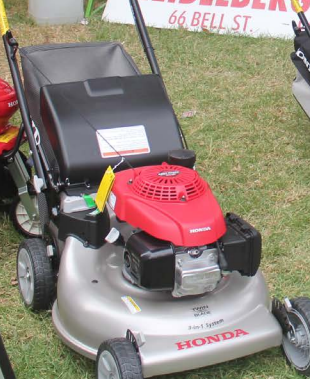
10 Reasons why you need to learn appliance and machine repair!
extend the life of equipment
save time and money
preventative maintenance keeps equipment running efficiently
good for business
work ahead of schedule
stop small problems from beginning bigger issues
keep repair costs lower
boost a resale value
reduce injuries
maximise warranty coverage